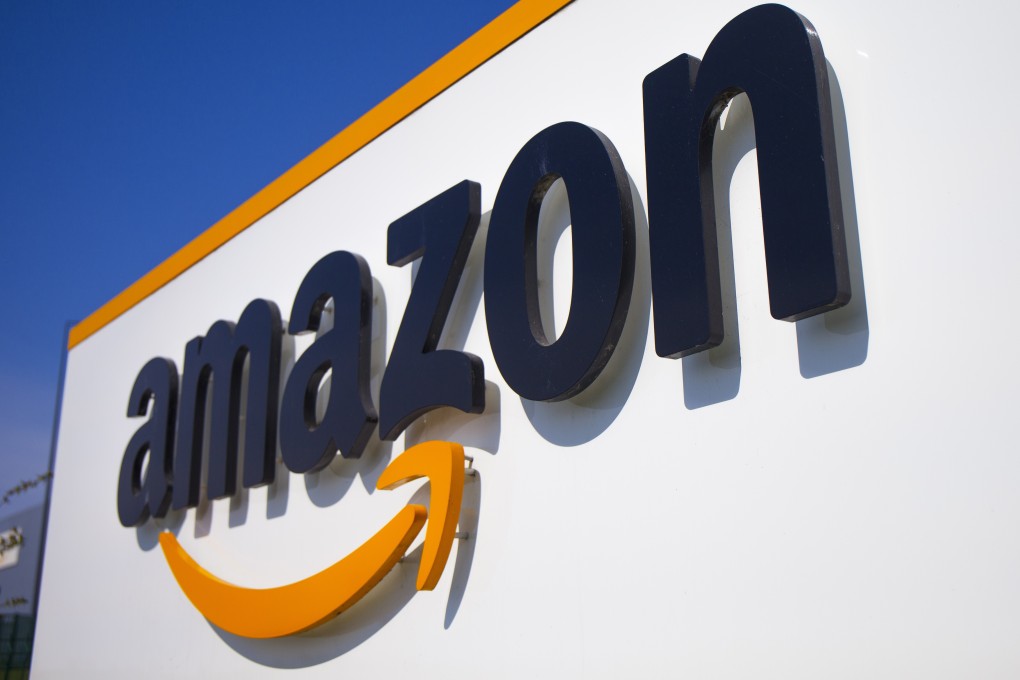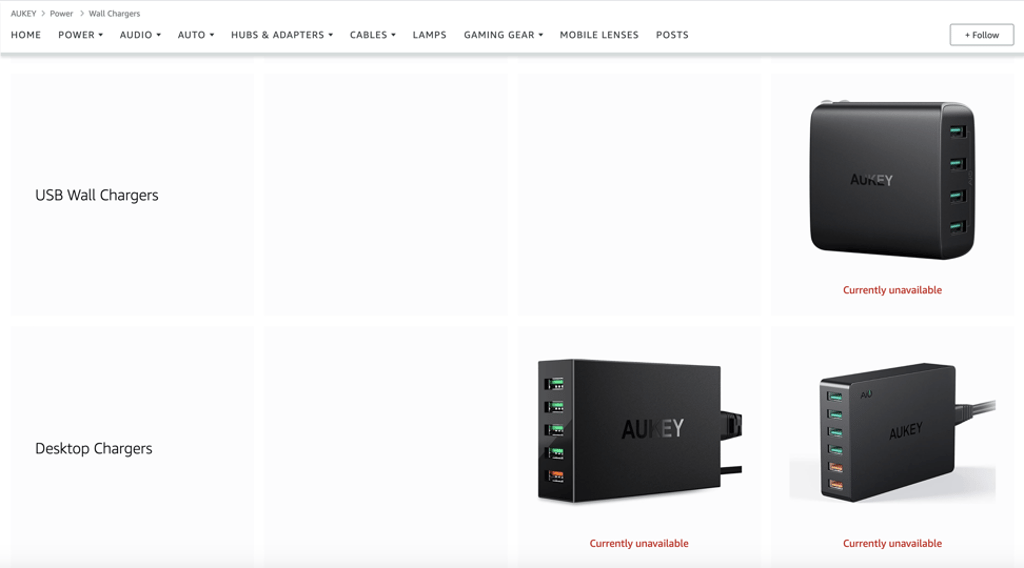‘Made in China, sold on Amazon’ gadgets from Aukey, Mpow vanish from e-commerce site
- Product listings from major China-based electronics vendors have suddenly vanished from Amazon‘s listings
- US e-commerce giant Amazon has become a popular beachhead for Chinese vendors to expand overseas

Amazon.com has apparently blocked several prominent mainland Chinese merchants for alleged “suspicious behaviour”, in a move that industry insiders said is part of a targeted crackdown on questionable business practices sellers on the platform, including those based in China.
For over a week now, most Amazon listings from Aukey, a major Shenzhen-based electronics vendor, have been listed as “currently unavailable”.
Similarly, most products on Mpow, the main Amazon electronics store run by ByteDance and Xiaomi-backed consumer product firm Patozon, have not been available for purchase since late April.
Aukey and Mpow did not not immediately respond to inquiries from the South China Morning Post. While an Amazon spokesman said the company does not comment on individual cases, it has systems to detect “suspicious behaviour” and take prompt actions.
Neither Aukey or Mpow have been accused of fraud.
